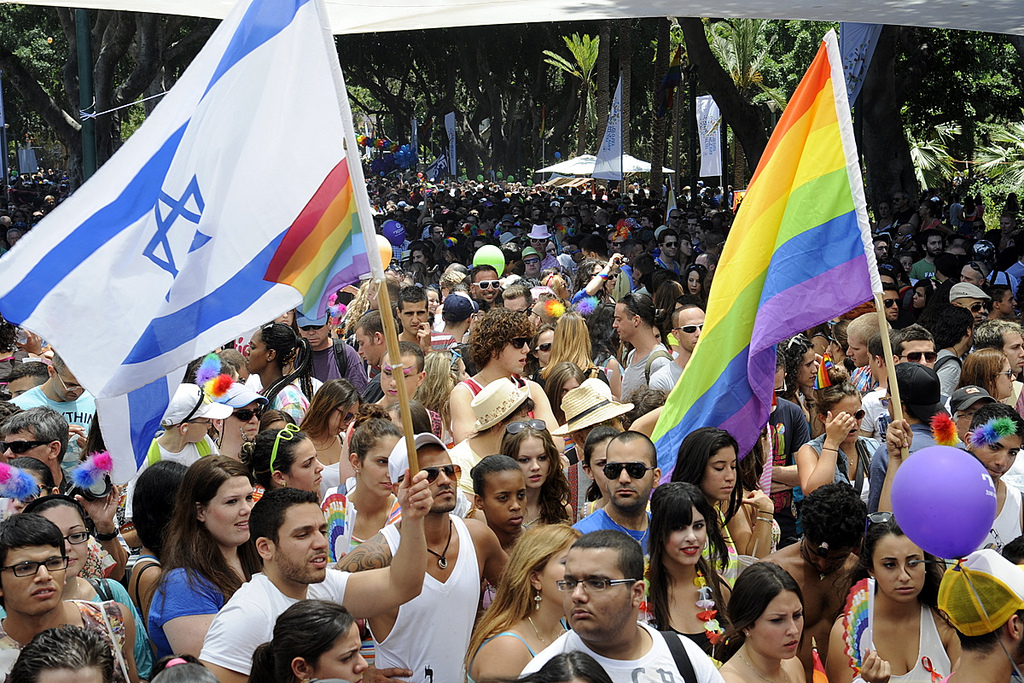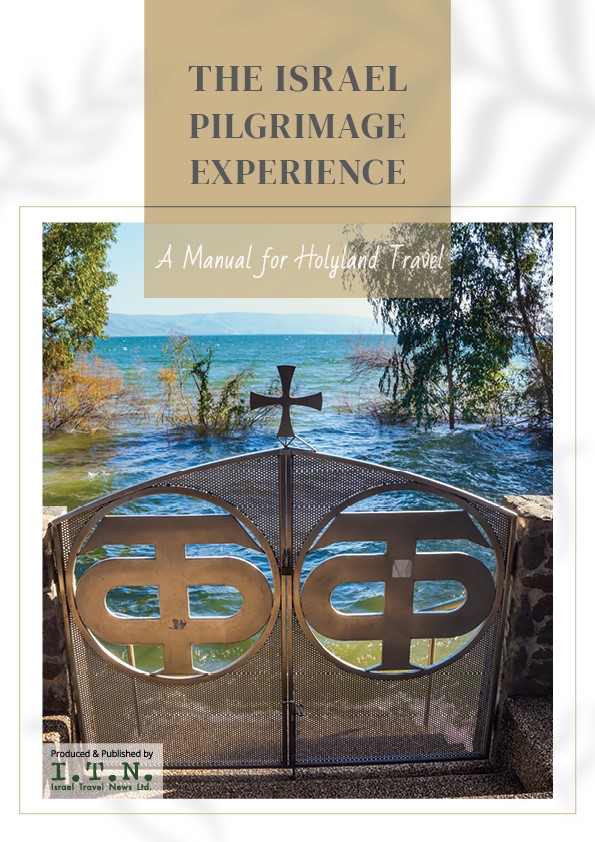
Set to take place in 2019 in Tel Aviv, Israel, the Eurovision Song Contest will happen in one of the most gay-friendly cities in the world and is expected to be one of the biggest destinations for international travelers looking to partake in the LGBTQ friendly celebrations.
The internationally renowned song contest which originated in Switzerland in the 1950s as an effort to strengthen the communication between countries in the European Broadcast Union, Eurovision pushed the boundaries of broadcast technology for live television. Today, Eurovision continues to push boundaries and support communication beyond its humble beginnings, notes Kylie Goldstein from TouristIsrael.
Celebrating its highly honored 60th anniversary in 2015, the Eurovision contest has become not only a symbol of music and international unity, but is also recognized as an icon in the LGBTQ community. Known for the acceptance of gay, lesbian and transgender people, Eurovision embraces and promotes differences in a meaningful way.
Representing Israel, Netta Barzilai was crowned the winner of the 63rd annual Eurovision contest for 2018, meaning the upcoming 2019 contest will be held in Israel. Israel has won the contest previously in 1978 with Izhar Cohen & the Alphabeta, as well as in 1979 with Gali Atari & Milk and Honey. The third win in 1998 was perhaps the most influential, as the winner was Dana International, the first transgender woman to be crowned the winner and sparking accolades within the LGBTQ community both in Israel and worldwide.
The return of the upcoming 2019 Eurovision contest to Israel brings even more change, with the announcement that the contest will be held in Tel Aviv rather than Jerusalem.
Tel Aviv, known as the “City that never sleeps” and notorious for its nightlife party scene and beach atmosphere, is also recognized as one of the most gay-friendly cities in the world. According to Geosure, a smartphone app that provides real-time, hyper-local safety information for business and leisure travelers, “Tel Aviv’s City Center/Florentin Neighborhood is in the top five safest global urban neighborhoods for LGBTQ travelers”. The 2018 Gay Pride parade saw approximately 250,000 people celebrating in the streets of Tel Aviv, including some 30,000 foreign tourists from abroad. Last year’s Pride Parade had a theme of ‘Bisexuality Visibility’, a relevant and important subject within the global community, and attracting many visitors to Tel Aviv. With the announcement of the 2019 Eurovision contest coinciding with the Pride Parade in the summer of 2019, the number of international tourists is expected to increase exponentially.
The travel industry experts at Tourist Israel have already seen a major spike in bookings for 2019 of tourists eagerly anticipating what is expected to be one of the biggest parties of the year. Hotel rooms and even AirBnbs are booking up fast and airlines such as Ryanair, Wizzair, and Easyjet have taken note, readily selling direct flights to Tel Aviv, all in preparation for the big celebration.
Tel Aviv is known worldwide as one of the most “Gay-friendly cities” promoting acceptance, freedom, and unity which surprises many travelers, given the prevalence of religion and firm cultural standards within the country. The growth and popularity of the Eurovision contest amongst the LGBTQ community within Europe and worldwide has also been mirrored in some political changes, breaking down barriers in terms of same-sex marriage and overall acceptance in Europe.
Preparations are already underway as Tel Aviv gears up for the upcoming Eurovision contest in 2019 welcoming LGBTQ travelers and showing international tourists a sense of Israeli hospitality and the diverse, welcoming community.

